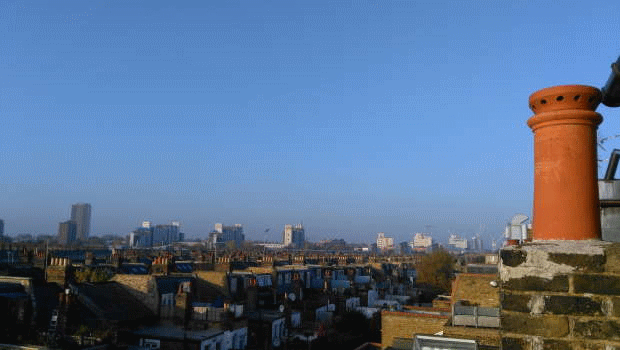UK property market has busiest January on record - Rightmove

The UK property market had its busiest January on record as buyer enquiries and homes for sale rose strongly, Rightmove said.
Foxtons Group
67.20p
10:19 06/01/25
FTSE 100
8,206.49
10:20 06/01/25
FTSE 350
4,526.09
10:20 06/01/25
FTSE AIM All-Share
727.15
10:20 06/01/25
FTSE All-Share
4,482.97
10:20 06/01/25
FTSE Small Cap
6,854.23
10:20 06/01/25
OnTheMarket
109.00p
16:50 11/12/23
Real Estate Investment & Services
2,406.23
10:20 06/01/25
Rightmove
642.60p
10:20 06/01/25
Buyer demand increased 16% from a year earlier and 24% from January 2020 as households continued to rethink their property needs in light of the pandemic, the UK's biggest property website said.
The number of new homes on the market jumped 10% in the second half of January, helping to redress the shortage of supply in the market, Rightmove said. Valuation requests in January also surged 27% from a year earlier and 53% from 2019 to a survey record. Rightmove has been collecting data on the UK property trends since 2000.
Britain's property market went into overdrive during the pandemic fuelled by a temporary cut in stamp duty and households buying bigger properties, often outside cities, to work from home. Some experts had expected the market to slow sharply once the stamp duty break ended at the start of October but the market has stayed busy.
Rightmove’s director of property data, Tim Bannister, said: "January is typically one of the busiest months for agents, with both buyers and sellers aiming to start the new year with plans for a new home, but even for a January, agents are reporting this will go down as one of the busiest ever.
"Strong buyer demand at the beginning of the year, even higher than that of January last year, shows us that people are still evaluating their needs and where they want to live as they consider factors such as space, or returning to the office."
Bannister said visits to Rightmove's site rose 3% to 218 million in January even compared with a "frenetic" 2021. Families are continuing to head for suburban, rural and coastal locations to take advantage of new working arrangements while some households are reported to be returning to cities after growing bored of living away from friends and amenities.